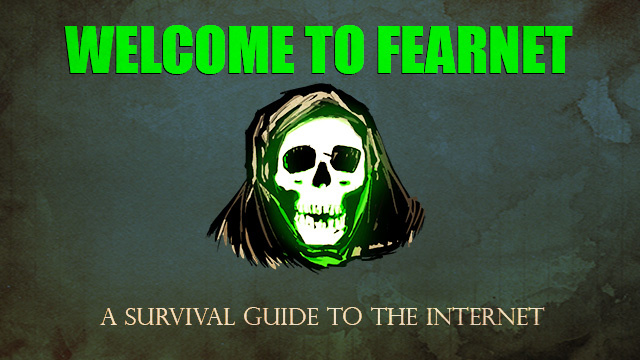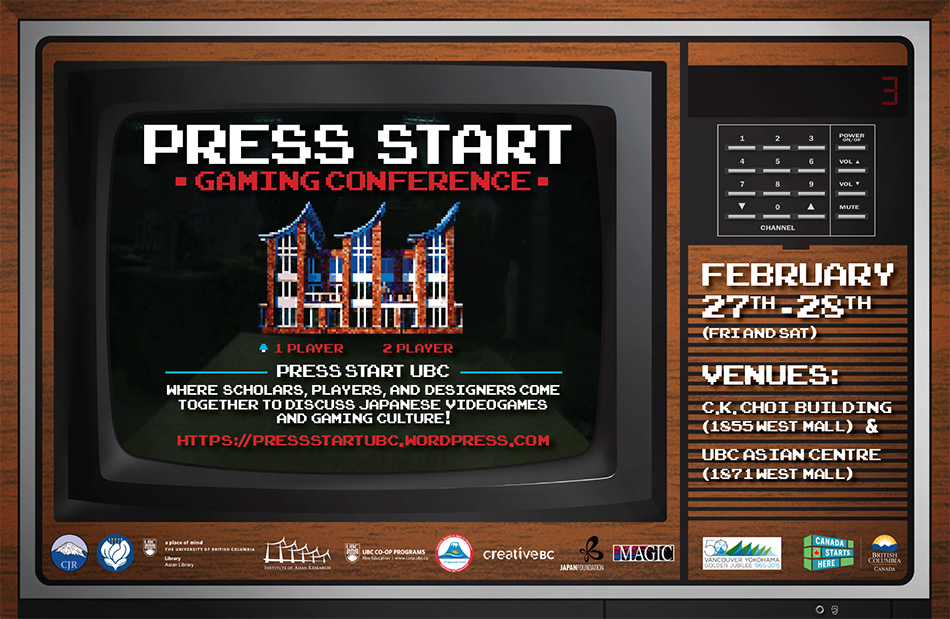Wired and others have stories about how Nintendo Is Finally Bringing Mario to Mobile Phones. They are entering into an alliance with DeNA by buying DeNA stock (and DeNA will buy Nintendo stock.) Iwata (Director and President of Nintendo) and Isao Moriyasu (President and CEO of DeNA) made a joint announcement. You can see a translated version of the presentation on YouTube here.
This is a big change for Nintendo as they have been losing money as the traditional console gaming industry loses market share to casual and mobile platforms. I had heard ex-employees say Nintendo would never make the transition, but stay committed to tight integration of their games and dedicated devices. Obviously things have changed and now Nintendo will be deploying their IP to smartphones, especially to reach a global market. Nintendo stock closed 27.5% up.
My understanding of Iwata’s explanation was that they now see mobile versions as building their fan base and therefore helping sell dedicated devices/content. They are afraid that they will be marginalized globally if they don’t expand the reach of their IP. They have now decided how to use smart devices as a way into dedicated systems.
Because the interfaces are different, they don’t intend to just port existing titles to mobile platforms. Instead they will work with DeNA to create new content specifically for smart devices.

